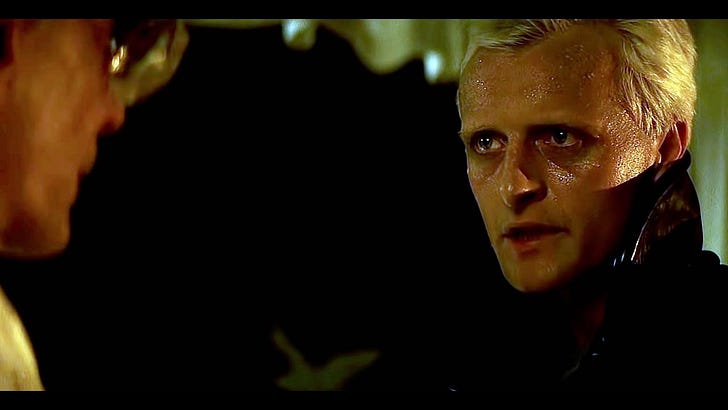The ability to insert cells and proteins without triggering an immune response is good.
Our immune system is vital, and we're now finding words to make it better.
The fight against diseases like type 1 diabetes or several genetic disorders has always been hampered by the body’s immune system. You try to change something, the body sees the change as something foreign and the immune system attacks it.
"To make an alteration in the evolvement of an organic life system is fatal. A coding sequence cannot be revised once it's been established." - Eldon Tyrell, Blade Runner
But thanks to scientists at Sana Biotechnology, we have a groundbreaking advancement that could revolutionize the treatment of many diseases we have long fought against. These scientists have achieved what many considered impossible: successfully transplanting donor cells that can evade the immune system without requiring immunosuppression.
The milestone study, conducted at Uppsala University Hospital, demonstrated that specially engineered pancreatic islet cells can survive and produce insulin in a patient with type 1 diabetes - all while remaining undetected by the immune system. This is a major breakthrough! The first time in history that an allogeneic (donor) transplant has survived in a person with a fully “immune competent” individual, without immunosuppressive drugs or external devices.
"This breakthrough is not just about diabetes - it's about fundamentally changing how we approach cellular therapy, we are opening the door to a future where cell replacement therapy could become as routine as taking a pill."" explains Steve Harr, Sana's President and CEO.
The implications of this success extend into so many good places. Sana’s hypoimmune (HIP) approach could potentially revolutionize how we treat a wide range of medical issues. Created “stealth” cells can hide from the immune system, and perform recuperative tasks. This is the cusp of a long-sought holy grail in regenerative medicine, the universal donor cell.
"We're witnessing the dawn of a new era in medicine,the ability to transplant cells without immune suppression could transform cell therapy from a complex, risky procedure into a standard treatment option accessible to millions."" said Aaron J. Kowalski, CEO of Breakthrough T1D. "
(I had to really go down a rabbit hole for this one, but Breakthrough T1D is FKA JDRF, and under that name is one of the largest nonprofit organizations focused on type 1 diabetes research and advocacy. They helped fund and support Sana’s work.)
We can now see a future that extends beyond universal donor cells to pills with tailored cellular therapies could be manufactured at scale and readily available for many diseases, from autoimmune conditions to genetic disorders.
This breakthrough brings us closer to a future where cell replacement therapy could become a routine part of medical care, offering hope to millions of patients worldwide who currently lack effective treatment options.
Helping million of patients?
That’s good.






Hooray! You make me aware if so many things I would never know without you!